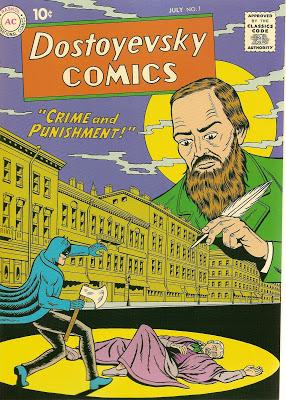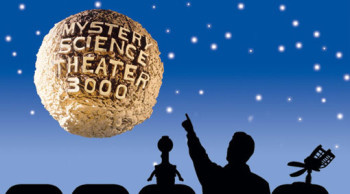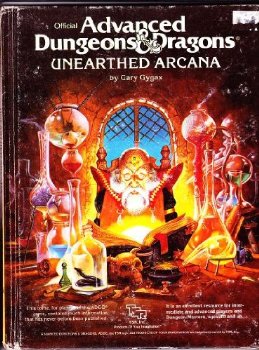Discovering Robert E. Howard: Jeffrey Shanks on The Worldbuilding of REH
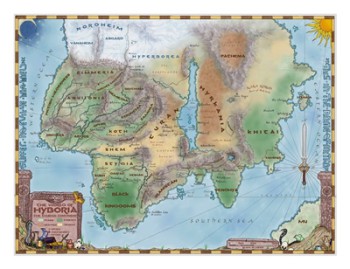 We are trying to look at as broad a range of topics related to Robert E. Howard as we can in this series. Characters, genres, events, themes: Black Gate really wants to showcase the many facets of the man and his works.
We are trying to look at as broad a range of topics related to Robert E. Howard as we can in this series. Characters, genres, events, themes: Black Gate really wants to showcase the many facets of the man and his works.
Today’s guest post is such an example. Jeff Shanks wrote the introduction to the just published facsimile edition of Howard’s essay, The Hyborian Age and is the REH consultant on Modiphius’ upcoming Conan RPG (we’re gonna have a post for that, too!). I can’t think of anyone better to write about one of my favorite subjects, world-building.
While Robert E. Howard is known as the creator of a number of memorable heroic protagonists, such as Kull of Atlantis, Solomon Kane, Bran Mak Morn, and, of course, Conan the Cimmerian, his efforts as a pioneer in fantasy world-building are often overlooked. When it is remarked upon at all, Howard’s creation of the Hyborian Age of Conan is generally described as a fairly impromptu effort — a hodge-podge of fictitious kingdoms based on thinly-disguised real world historical analogues, thrown together hastily in early 1932 after the first Conan story was accepted by Weird Tales.
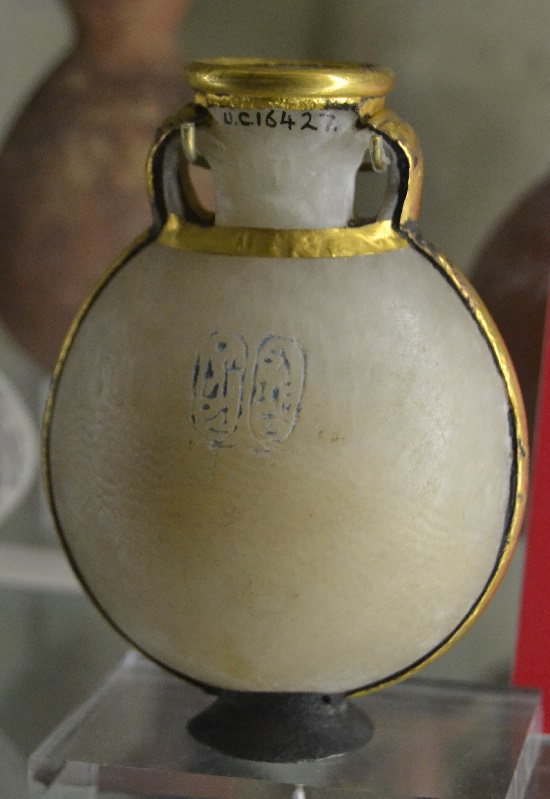

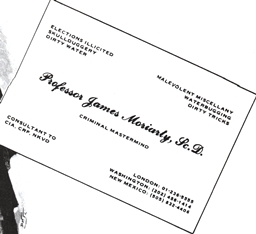
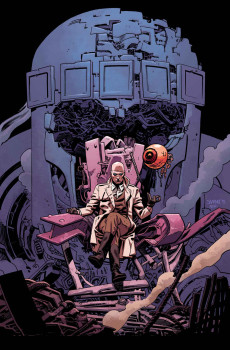
 Last weekend I took part in the first ever
Last weekend I took part in the first ever 